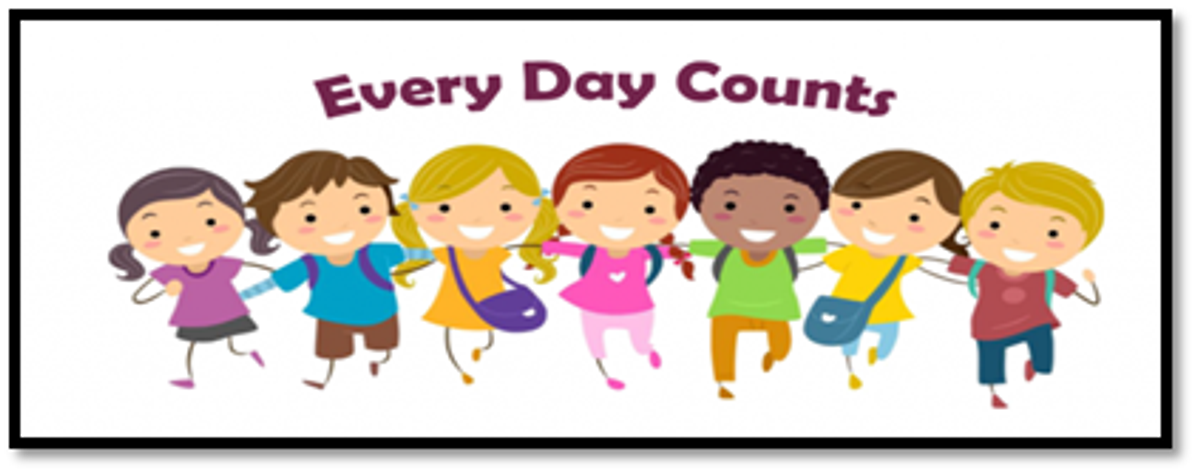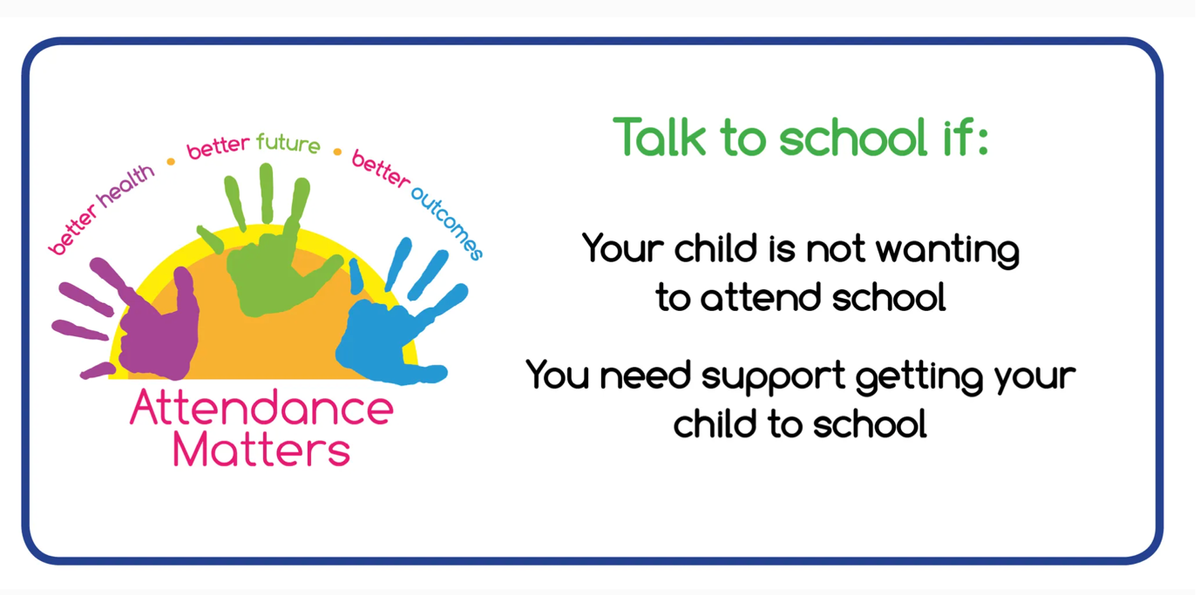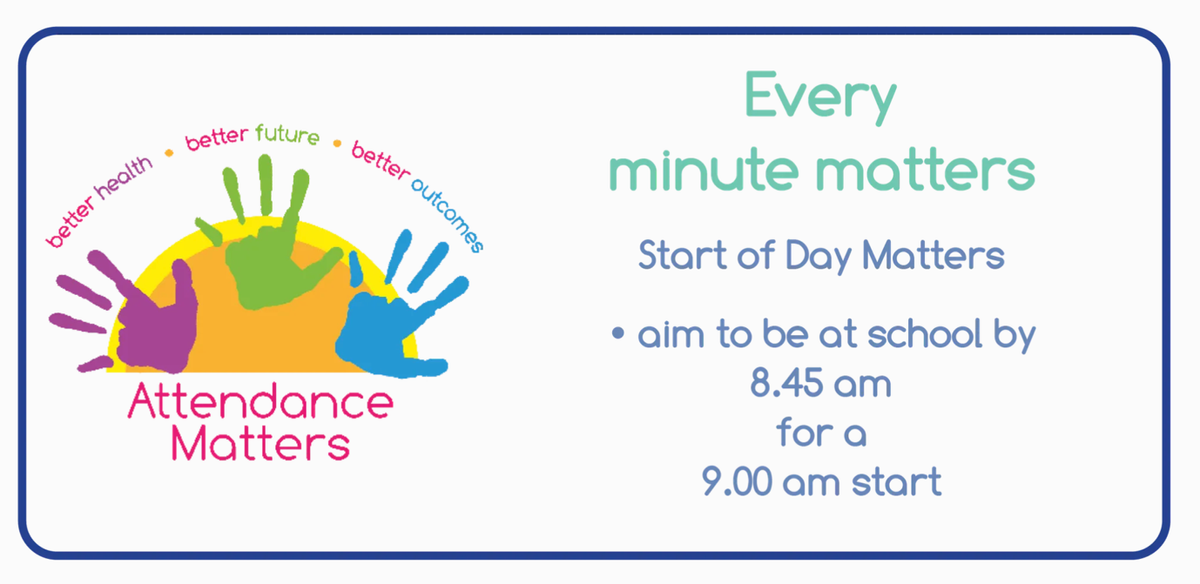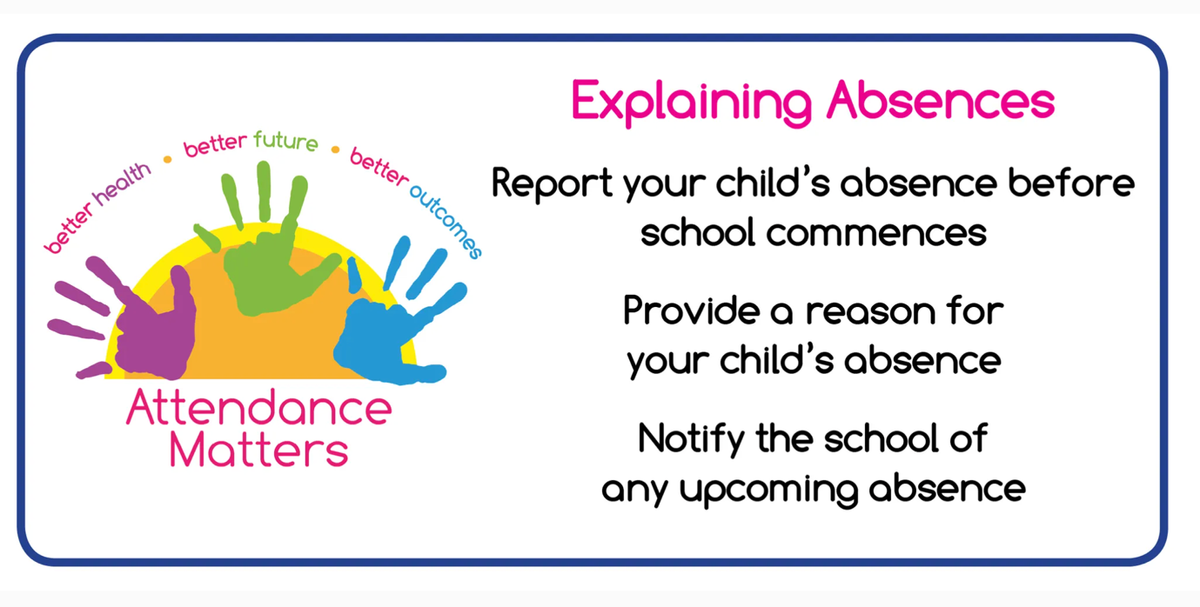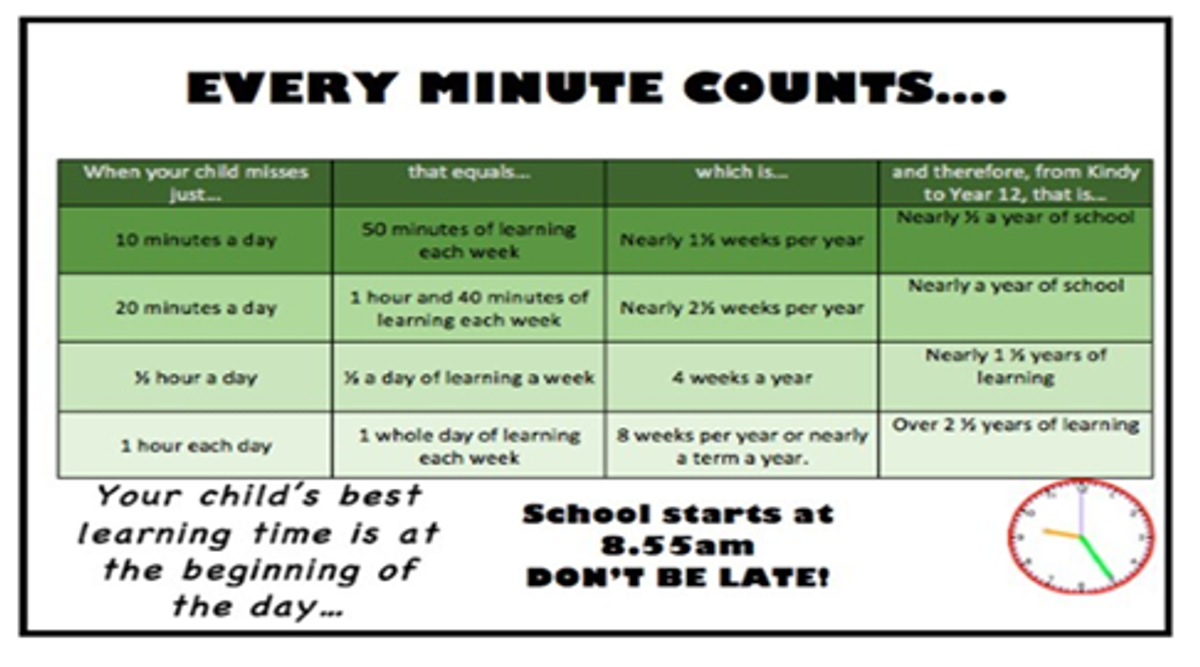Thrive & Flourish

Wellbeing
Welcome to this week’s newsletter. The term is very busy with lots happening.
For those currently unwell, we hope for a speedy recovery for you.
For those who’ve welcomed a new addition to the family, we extend our warmest congratulations on this happy occasion.
For those families who’ve experienced a recent bereavement, please know you are in the prayers and thoughts of all in our community.
Student Attendance:
At Sacred Heart, most students come to school regularly and as a result are learning new skills socially, academically and emotionally. This is an expectation and a right that we would like to see enacted for every student.
We know that coming to school on time every day is a necessary condition for learning to occur. Students who attend school every day benefit from all of the support and teacher assistance that is available, and are much more likely to go ahead in their learning.
Being ready to begin the day's learning with the rest of the class is also very important and we ask for your support in ensuring that students are in their classes by the beginning of day bell. Being prepared for the day, and starting with peers, encourages a great day of learning and helps with organisational details of the day.
Parents/guardians are responsible for making sure that all children attend school every day unless they are too unwell, in which case the school must be advised.
Friendships & Conflict
During primary school children go through many stages of making friends and along the way will experience conflict at some stage. It is very normal for children to experience conflict from time to time as this is a way of children discovering what works with friends and what doesn’t – put simply children are developing their social and emotional skills. Some children may get confused when they have a disagreement or conflict with another person and may call this bullying.
There is a great difference between conflict and bullying and here is a simple way to differentiate between them:
- Misunderstanding – usually problems around communication.
- Disagreement – do not agree on something and both want their own way.
- Conflict – people usually want to solve the problem. Can be over a period of time if not sorted properly.
- Bullying – threatening, repetitive, targeted, deliberating, wanting to harm, abusive, no attempt to resolve issues.
If your child does experience conflict, this is a wonderful teaching moment to guide them and help them learn about how to get along with others. Sometimes children can resolve conflict themselves, particularly as they grow into the upper years of primary school, but when they are young, they may need guidance, and most importantly emotional support.
The best way to give emotional support is to use ‘reflective listening’. When we practice this type of listening, we listen to the content of what your child is saying and listen for the emotion and then we reflect back what they are saying eg: “it sounds as though that really frustrated you when you did not get to play your game”. We can then try to help them solve the situation by giving them lots of opportunities to brainstorm a solution without stepping in too early to solve it for them.
Conflict teaches kids:
- How to give and take
- How to come to an agreement
- How to compromise
- How to solve problems
- To build empathy
- To understand others and their needs
- How to get along in a group
- How to develop successful, loving and healthy relationships as adults.
Please reach out if you think your child needs support managing friendships at school.
We welcome any emails or calls if families wish to seek support and can be contacted via email at any time or a phone call to school.
Email:
Tony McDonald: tmcdonald@shtatura.catholic.edu.au
Felicity Bryant: fbryant@shtatura.catholic.edu.au
Deb Turvey: dturvey@shtatura.catholic.edu.au
If ever you need help sorting out personal or family issues, give CatholicCare Victoria a call. They offer many services to all members of our community – ALL FREE.
Tony, Felicity and Deb.

